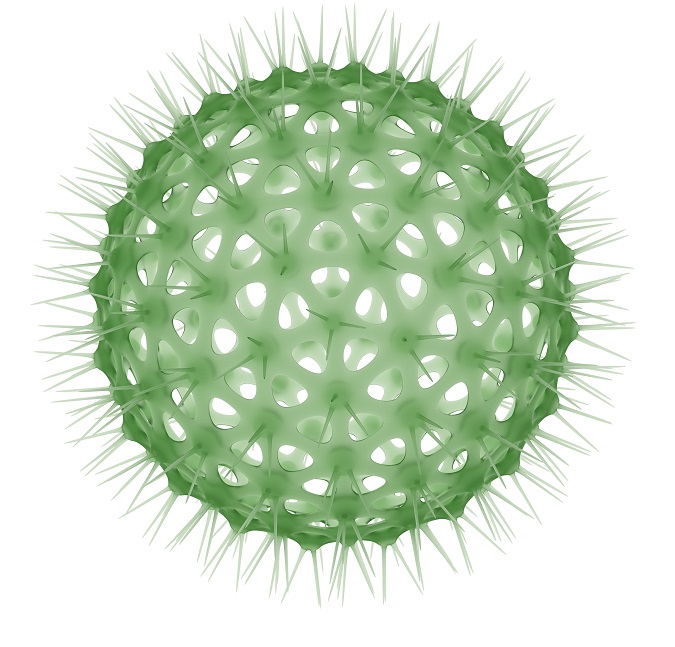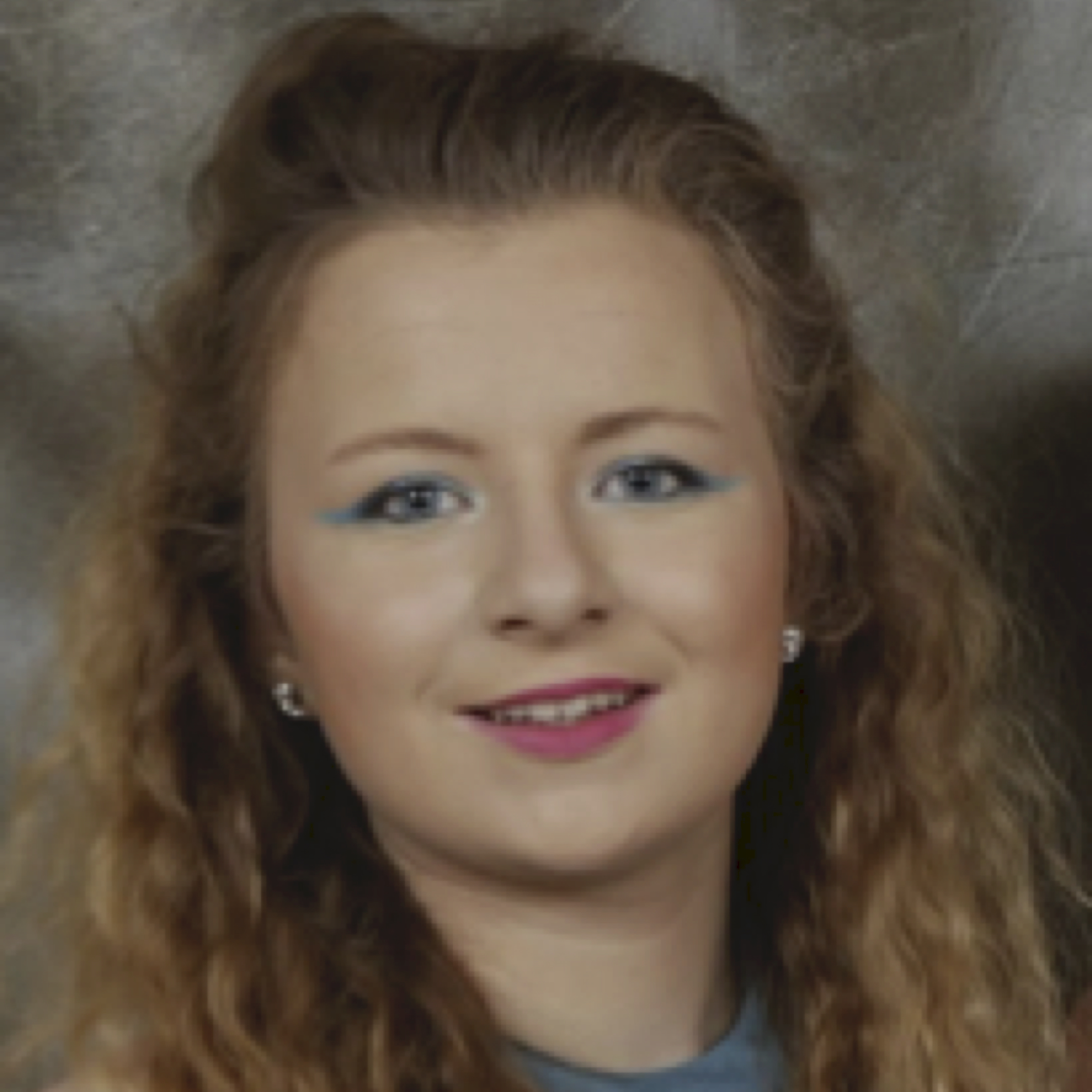
Phycosera LTD is a UK-based biotechnology start-up working on harnessing the potential of microalgae for the production of high-value compounds for the pharmaceutical, cosmetics and biocatalysis industry.
Our aim is to enable alternative, green production methods for chemicals, biologics and enzymes with a high cost-return and minimal environmental impact by using microalgae as green cell-factories for high-value compounds.
We will achieve this ambitious goal through dedicated research & development of novel molecular tools and generation of microalgae strains with enhanced properties beyond their current potential, tailored for fast growth, safety and high yields of high-value products.
Our vision is to disrupt current industrial biotechnology production methods and establish microalgae as a robust industrial biotechnology platform with the potential to deliver biopharmaceutics, cosmetics and enzyme preparations that are
Georg Feichtinger is the director and CSO of Phycosera. He received his PhD in Molecular Biology from the University of Vienna in 2013 and is an expert in gene transfer technology, growth factor expression, regenerative medicine and expression vector design. He has published numerous peer reviewed publications and is a tenure-track University Academic Fellow at the University of Leeds.
Sushmita Saha obtained her PhD in Biomedical engineering from the University of Leeds. She is a senior consultant in medical affairs at a top tier consulting firm working on complex initiatives with varied stakeholders in the private, public and healthcare sector and is a certified professional innovation manager.
Jared Cartwright trained as a protein chemist and received his PhD in Biochemistry from the University of Liverpool in 1996. He is a protein expression and purification expert on a multitude of expression platforms and has a solid background in recombinant DNA/protein technology including functional characterisation of unknown open reading frames and he has published several publications in this area.

Luke Mackinder received his PhD from Kiel University, Germany where he worked on carbon assimilation in marine phytoplankton. He was awarded a Barbara McClintock fellowship to investigate photosynthesis and carbon uptake in the model green microalgal system, Chlamydomonas reinhardtii at the Carnegie Institution for Science, Stanford, USA. Here he developed high-throughput methods for transgene expression and protein targeting to organelles. He is currently leading his own research group at the University of York where he is developing systems and synthetic biology approaches in microalgae (Mackinder Lab).
Kyle J. Lauersen is an Assistant Professor and principal investigator of the Sustainable & Synthetic Biotechnology group at KAUST. Kyle is from Kingston, Ontario Canada where he did his undergraduate, masters and teaching degrees at Queen’s University. Kyle was awarded a full scholarship by the CLIB Graduate Cluster to conduct his Doctorate (Dr. rer. Nat.) at the Center for Biotechnology as part of the Faculty of Biology at Bielefeld University, Germany. Kyle’s previous role was as a Postdoctoral research fellow in the Algae Biotechnology and Bioenergy research group of Prof. Dr. Olaf Kruse at Bielefeld University as part of the EU Horizon 2020 funded project Photofuel. Kyle joined the faculty of KAUST as a professor in August 2019 in order to work towards translation of synthetic biology and biotechnology with a focus on microalgal technologies into sustainable biotechnological processes.
Michael Feichtinger is a resident physician at the Medical University of Vienna and the centre for reproductive medicine, Wunschbaby Institut, Vienna. He was previously a clinical research fellow at Karolinska University and has extensive expertise in reproductive medicine.
Sabine Möritz-Kaisergruber is managing partner at Astro Pharma and President of the Austrian Biosimilar Association. Mrs. Möritz-Kaisergruber has a 25-year career in various divisions in the healthcare sector. Her professional career started at Eli Lilly in the USA, first as an international management trainee, then as Product Manager and finally as Marketing Planning Associate. She later changed to Eli Lilly Deutschland, where she was responsible for Eastern Europe and marketing agendas as Personnel Representative. Most recently, Sabine Möritz-Kaisergruber was responsible for the Diagnostics and Special Products division at drug company Schering in Vienna, before taking over the management of Austrian sales at Sopur Medizintechnik. She has a doctorate in Social and Economic Sciences from the University of Vienna and a Master’s degree from Thunderbird American Graduate School of International Management, Arizona.

Sarah Lock received both her BSc in Mathematics and MSc by Research in Biology both from The University of York. She is currently working towards her PhD at The University of York, where she works on hydrolase discovery in the extremophilic red alga Galdieria sulphuraria as part of a collaborative iCASE project between the Davis group and Phycosera LTD.

Jessica received her MSc in Biology and Chemistry from Durham University in 2018. Currently, she is completing her PhD at the University of York as part of the BBSRC White Rose Doctoral Training Program, researching the genome of the extremophilic red alga Galdieria sulphuraria. This project is in collaboration with Phycosera LTD.
After a PhD at the Genetics Department of Technical University of Munich and postdoctoral positions at the Biomedical Research Centre at Sheffield Hallam University and the Department of Biological and Medical Sciences at Oxford Brookes University, Verena is currently the Vice Chancellor's Research Fellow in Biology at Oxford Brookes University working in plant cell biology and biochemistry. Verena’s research applies in high resolution live cell imaging also in collaboration with STFC Lasers for Science Facility, Harwell. Her current research also aims to link the structure and function of the plant endoplasmic reticulum with auxin biosynthesis. Due to an interest in translational research she is also engineering plants to convert methane into carbon dioxide as well as enhancing drought tolerance in plants.

Seth J. Davis is the Chair of Plant Biology at the University of York. He earned his BSc in Molecular and Microbiology and earned a PhD at the University of Wisconsin-Madison, where he first became interested in extremophilic microorganisms. Whilst working as a Research Group Leader at the Max Planck in Cologne Germany, he completed his Habilitation at the University of Bonn. Upon taking his chair at York, Prof. Davis is now exploring Galdieria. These are microalgae that can survive extreme conditions. These red algae display enormous capacity to thrive at highly acidic conditions (down to pH 0) and temperatures above 55 ˚C, the theoretical limit of eukaryotic life. Galdieria are metabolic workhorses that grow vigorously on virtually any carbon source and can also process raw and toxic metals. His group is therefore studying the metabolic capacity of Galdieria under differing growth conditions to understand their unique biology and use this to assess the economic potential for these organisms in Industrial Biotechnology.
Phycosera is developing novel tools and technologies to unlock the potential of
microalgae for the industrial biotechnology sector.
Phycosera is closely collaborating with Technology Facilities and Universities on multiple projects to deliver enabling technologies for the successful deployment of microalgae in industrial biotechnology.